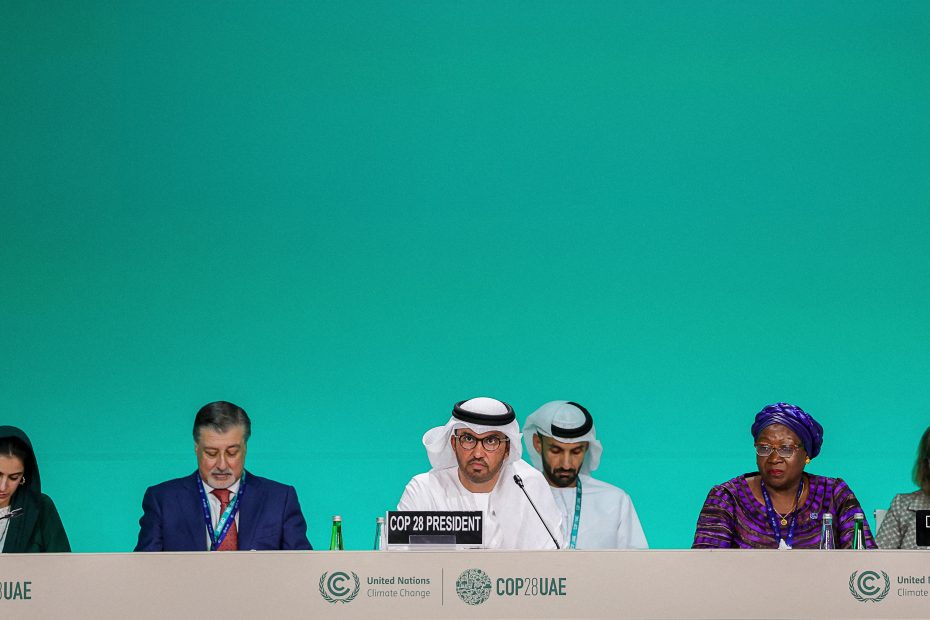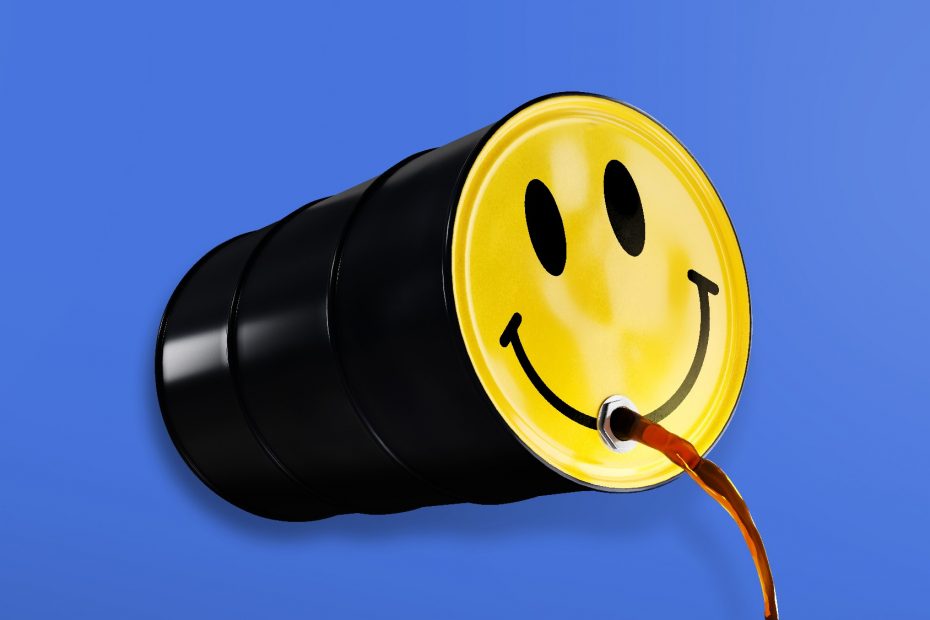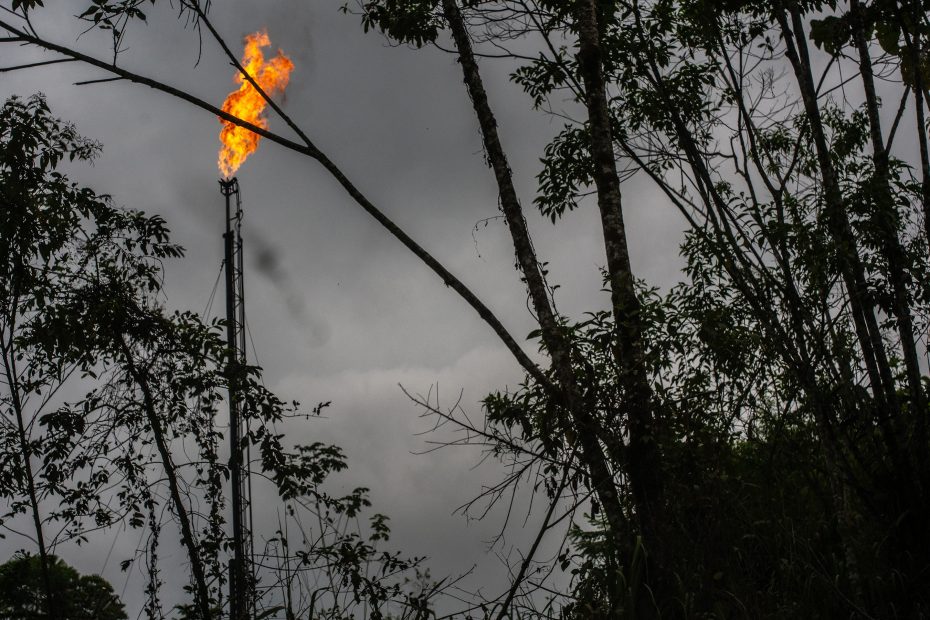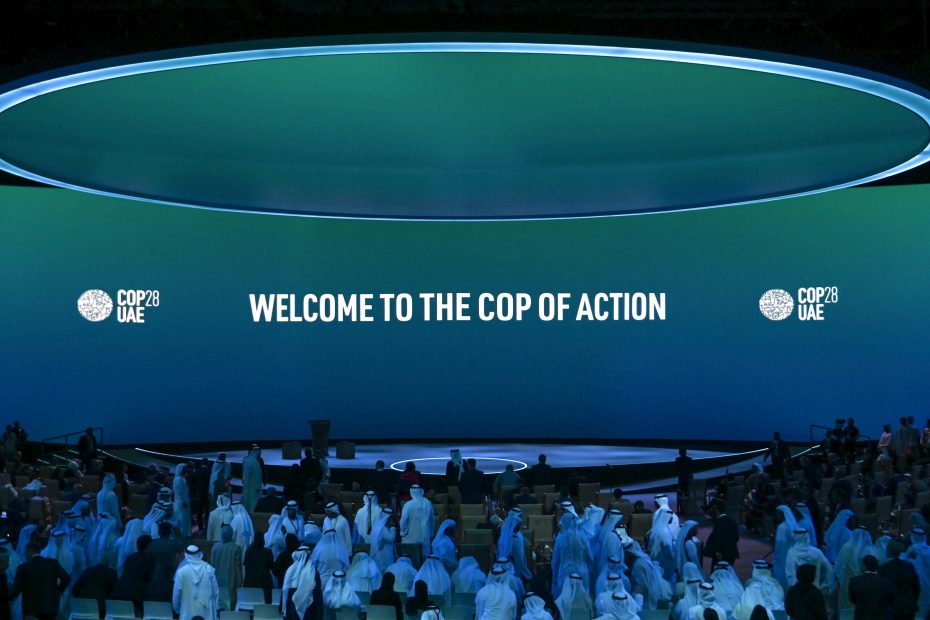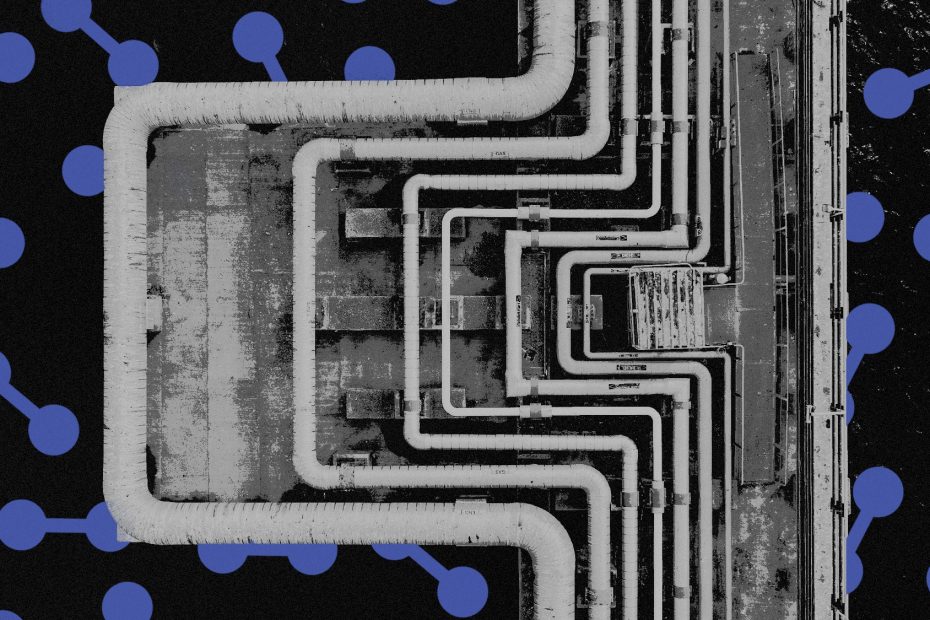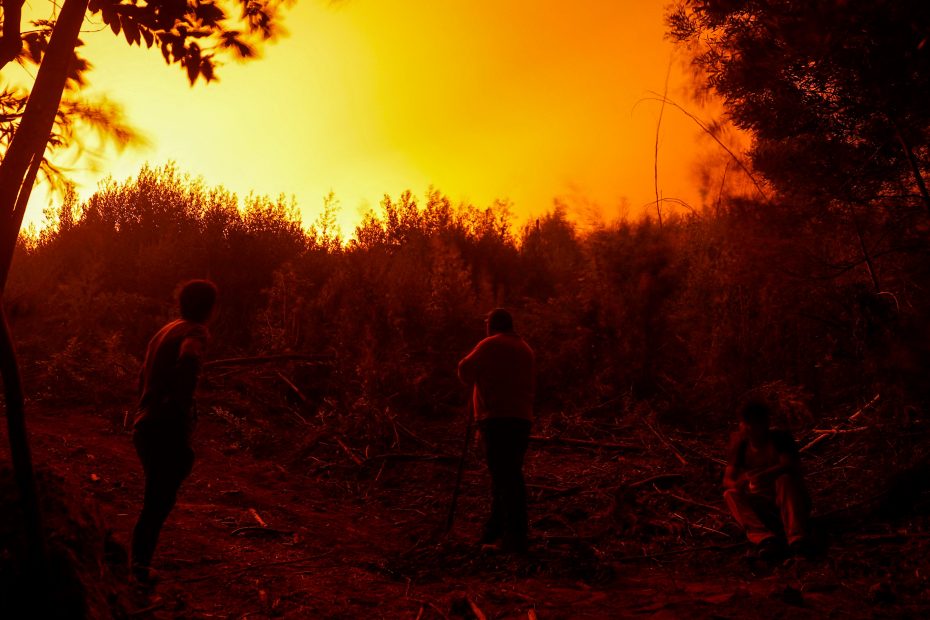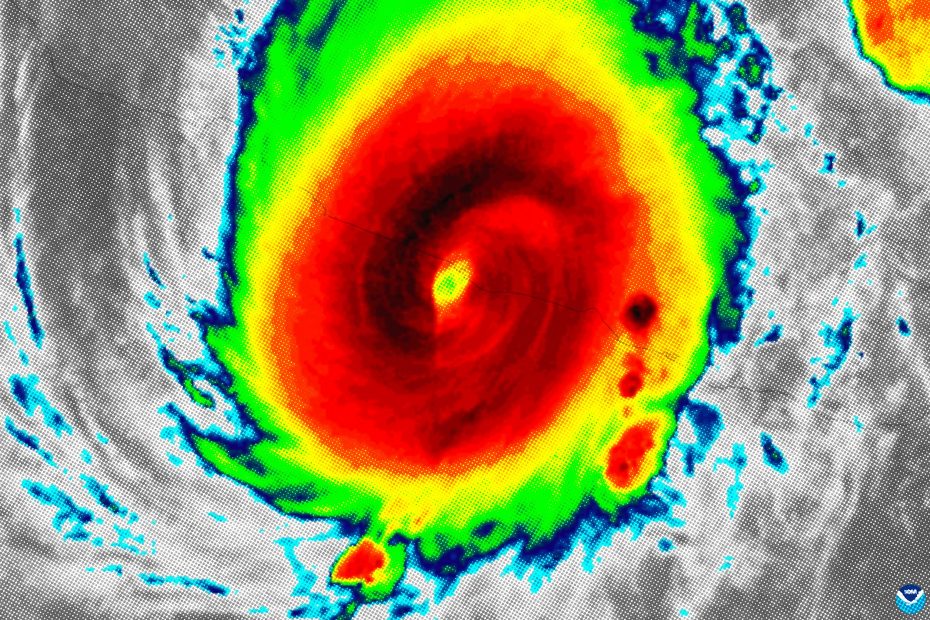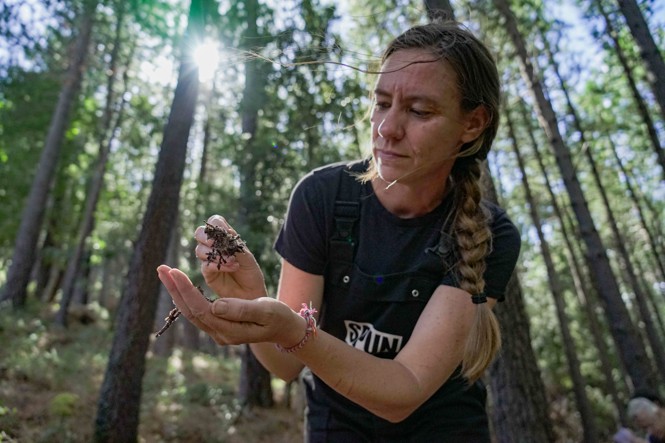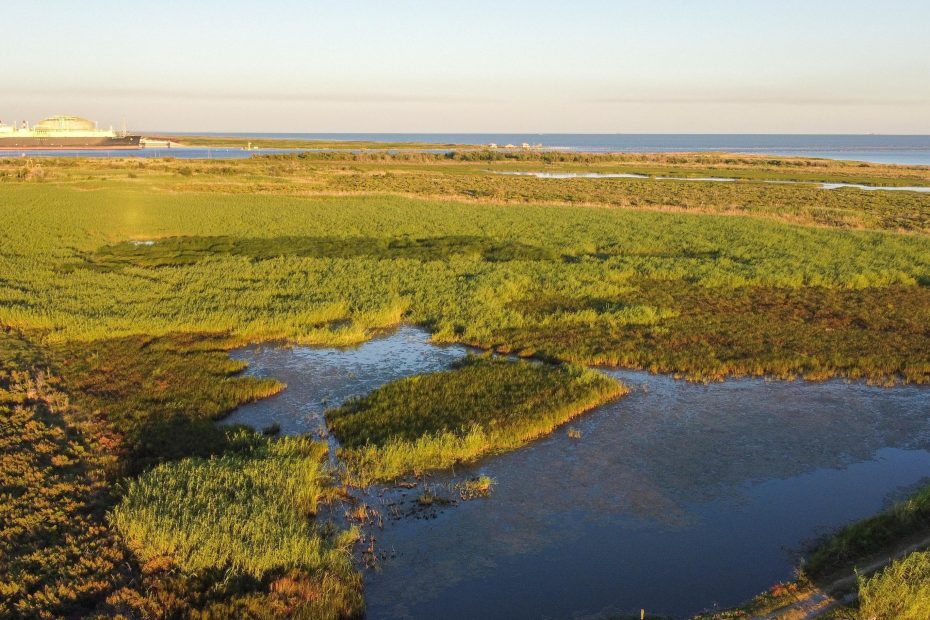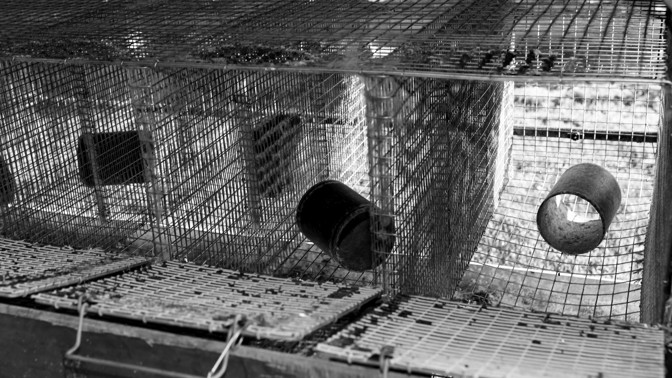The World Has a New Floor for Climate Ambition
This morning in Dubai, after a long night of consultations, the world struck a deal that will guide countries’ commitments to fixing climate change. For the first time in the nearly 30 years of the Conference of Parties, a COP document managed to directly address reducing fossil fuels. The text “calls on parties” to transition “away from fossil fuels in energy systems.

